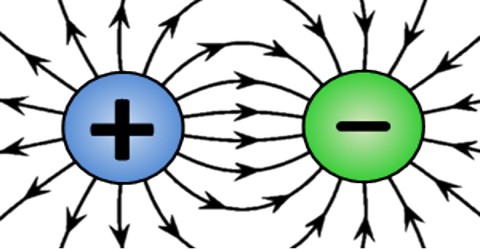_ Process section (discharge) for electrical nanotubes
High temperature in the process (discharging) for the synthesis of electric nanotubes ( the carbon in the negative electrode is sublimated)
Researcher and author: Dr. ( Afshin Rashid)
Note: In this process (CVD), the carbon in the negative electrode is sublimated, the reason for this is the high temperature in the discharge process. Since this method was used for the synthesis of nanotubes for the first time , it is known as the most common method of carbon nanotube production. In this method, there are both types of nanotubes, single-walled and multi-walled, with lengths up to 50 microns containing structural defects.
In the process of laser radiation, a laser is used to vaporize graphite and an inert gas is used to direct these vapors into the tank. Carbon nanotubes grow on the cold surface of the reactor. It is suitable for the production of multi-walled carbon nanotubes. And by using graphite composite and metal catalyst particles of cobalt and nickel combination (for the synthesis of carbon nanotubes), CNT and CNTs are used. The efficiency of this process is 70 % and its main product is single-walled and multi-walled carbon nanotubes . The diameter of these nanotubes is completely controllable and the diameter of nanotubes can be controlled as desired by changing the temperature.
Carbon nanotubes are produced and propagated using different methods, such as CVD, laser irradiation, and discharge . CVD method is the best option for the industrial production of carbon nanotubes. The reason for this is the low cost-to-income ratio, as well as the possibility of vertical growth of nanotubes on the desired substrate. He used the CVD method with the help of a catalyst to produce carbon nanotubes . During the CVD process, a layer of nickel, cobalt and metal catalyst particles, generally iron, is used to produce carbon nanotubes . CVD is a common method for the commercial production of carbon nanotubes. In this method, the diameter of the nanotubes is related to the dimensions of the metal particles. By patterning the substrate, using heat treatment and plasma etching of the catalyst, the diameter of the nanotubes can be controlled.
Conclusion :
In this process (CVD), the carbon in the negative electrode is sublimated, the reason for this is the high temperature in the discharge process. Since this method was used for the synthesis of nanotubes for the first time , it is known as the most common method of carbon nanotube production. In this method, there are both types of nanotubes, single-walled and multi-walled, with lengths up to 50 microns containing structural defects.
Researcher and author: Dr. ( Afshin Rashid)
Specialized doctorate in nano-microelectronics




